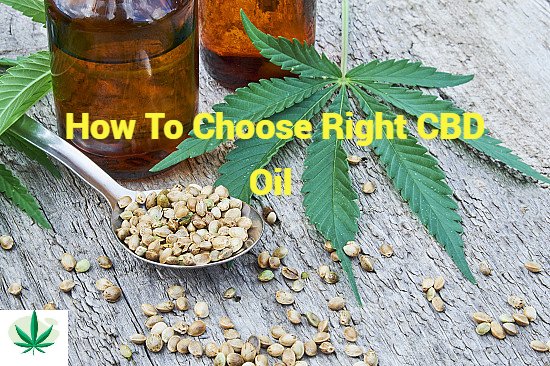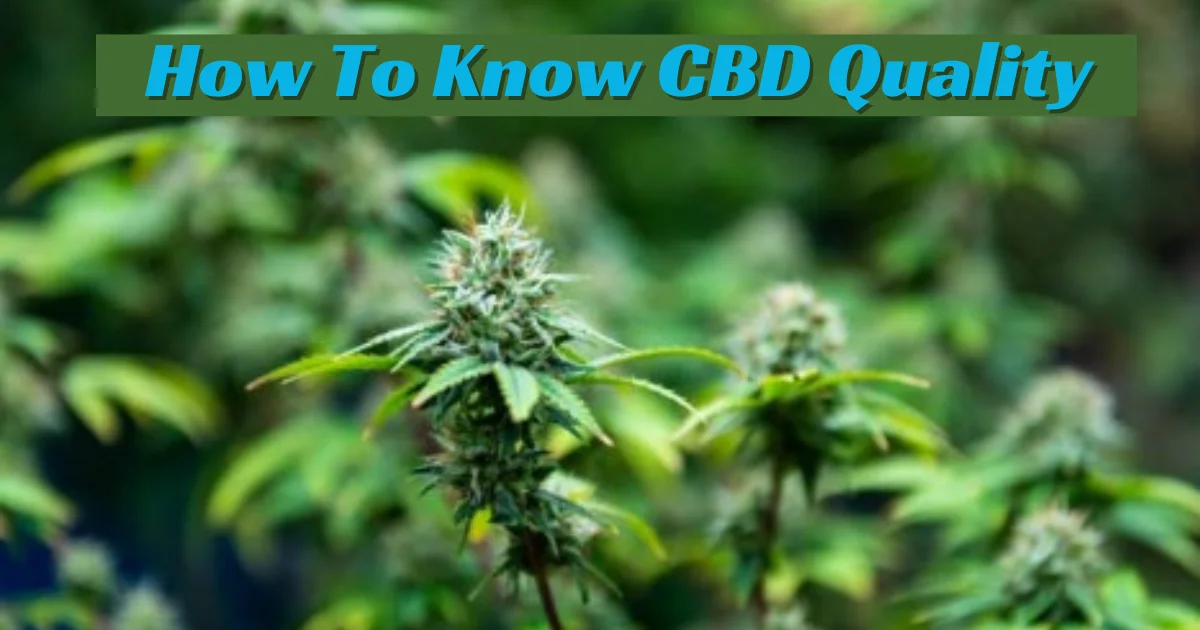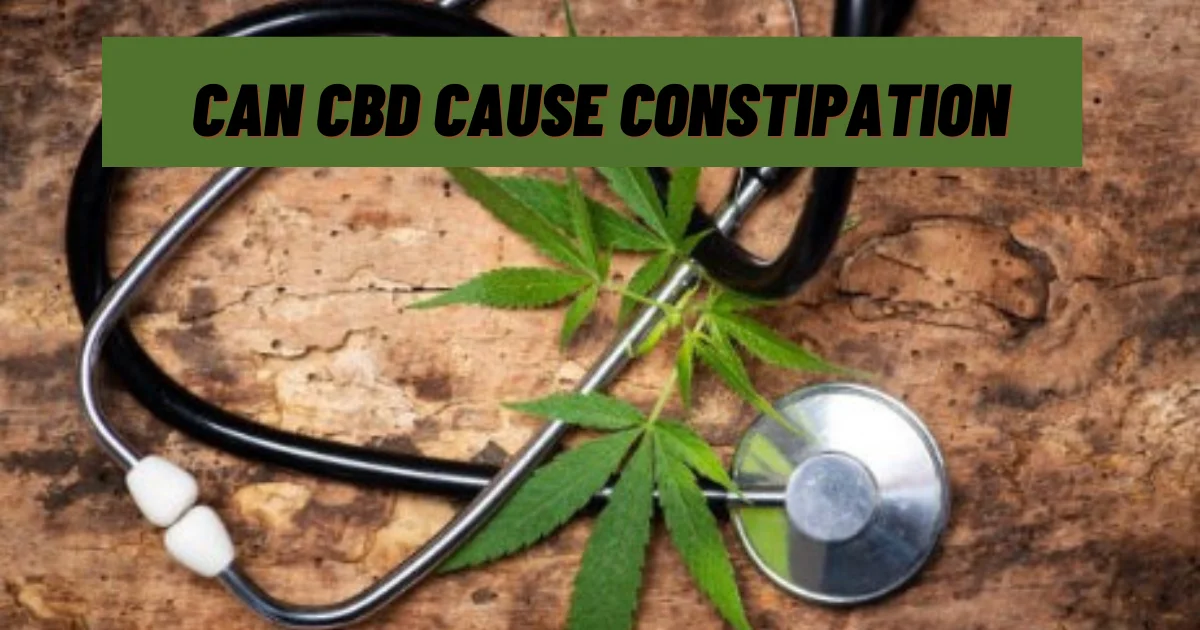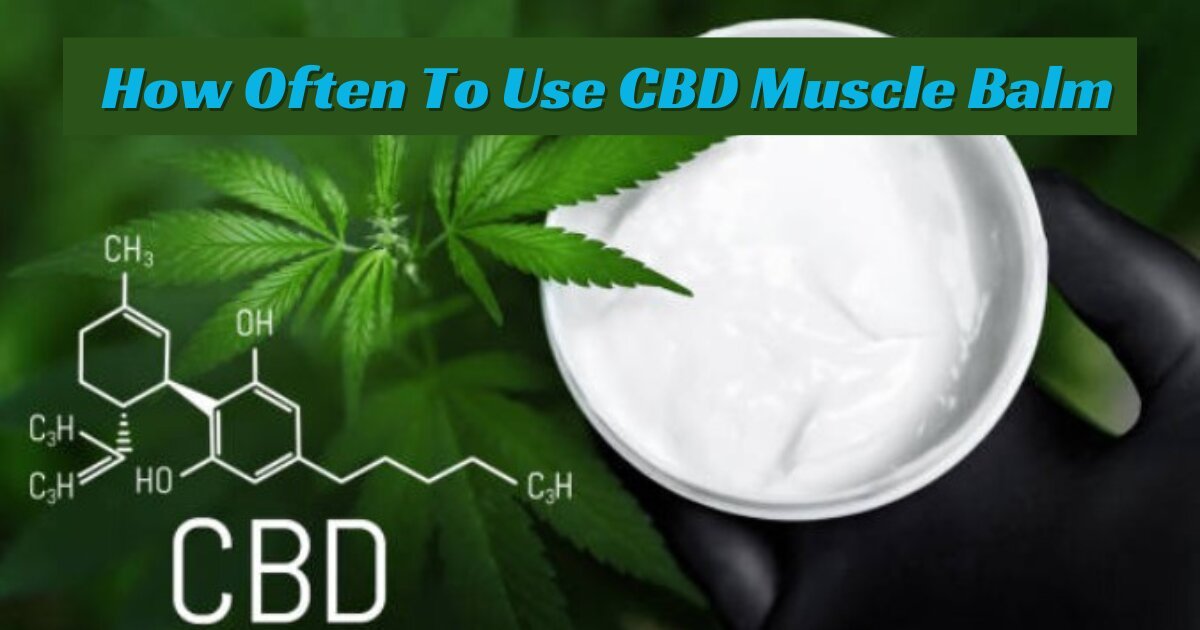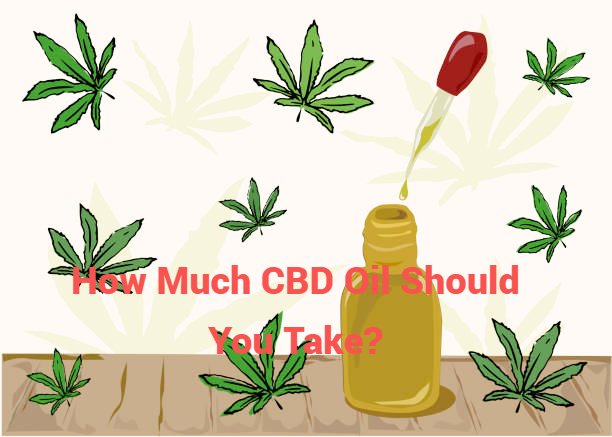CBD Oil is a substance obtained from the cannabis plant. It has the potential to benefit a wide range of illnesses. Including chronic pain, anxiety, and epilepsy.
Marijuana – a historical word for THC-containing cannabis varietals — can make you feel high. Although both CBD and THC are derived from the cannabis plant, the CBD molecule does not induce a high.
The Food and Drug Administration (FDA) does not regulate CBD products sold over the counter. This may raise concerns about where to obtain safe and high-quality CBD. Continue reading to learn more about CBD shopping.
Why Is Choosing the Right CBD Oil Important?
Each CBD oil line contains a variety of components that are unique to it. There are various factors that will determine whether or not this line is good for you.
The hemp plant used to manufacture the CBD oil. The extraction procedure, lab tests, concentration and composition of the CBD product, or the type of CBD oil you selected. All of these factors will have a direct impact on the calming and therapeutic effects of your oil.
- Choosing a high-quality CBD oil entails.
- Maximizing the advantages of the experience.
- CBD consumption should be done with caution.
- Ensure that you have an oil that meets your requirements.
Consider the Source of CBD
When selecting a product, it is crucial to consider the source of the CBD. The quality and effectiveness of CBD oil depend greatly on the hemp plants from which it is derived. So Here are some important factors to consider when evaluating the source of CBD:
- Organic Cultivation: Option for CBD oil that is derived from organically grown hemp. Organic cultivation ensures that the hemp plants are cultivated without the use of synthetic pesticides, herbicides, or fertilisers. Organic farming practices promote environmental sustainability and minimise the risk of harmful chemicals ending up in the final product.
- Sourcing Transparency: Choose brands that are transparent about the source of their hemp. Look for information about the region or country where the hemp is grown. Reputable brands often provide details about their farming partners and the cultivation methods employed. This transparency ensures that the hemp is grown in reputable locations with high-quality standards.
- Extraction from Whole Plants: Full-spectrum CBD oil is extracted from the whole hemp plant. Including the flowers, leaves, and stalks. This extraction method preserves the natural balance of cannabinoids, terpenes, and other beneficial compounds present in the plant. It’s maximizing the potential therapeutic effects. Look for products that explicitly mention “full-spectrum” or “whole plant extract” on their labels.
- Sustainable Farming Practices: Consider brands that prioritize sustainable farming practices. Sustainable hemp cultivation involves minimizing water usage, utilizing regenerative farming techniques, and promoting biodiversity. Supporting brands that prioritize sustainability helps protect the environment and ensures the long-term availability of high-quality CBD oil.
By considering these factors, you can ensure that the CBD oil you choose is sourced from reputable, organically grown hemp. This helps guarantee the quality and purity.
Check for THC Content
When choosing a CBD oil product, it’s important to consider the THC content, especially if you have concerns about its psychoactive effects or potential legal implications. Here’s a closer look at why checking the THC content is crucial:
- Psychoactive Effects: THC is the psychoactive compound in cannabis that produces a “high” sensation. While CBD itself is non-psychoactive, full-spectrum CBD oil contains trace amounts of THC. If you want to avoid any psychoactive effects, opt for broad-spectrum or CBD isolate products, which are THC-free. Carefully read the product labels or check the third-party lab test results to determine the THC content.
- Sensitivity and Tolerance: Individuals may have different sensitivities to THC. Some people may be more susceptible to its psychoactive effects, while others may have a higher tolerance. If you are new to CBD or have concerns about THC, starting with a product that has lower THC content or opting for THC-free options may be a suitable choice.
- Entourage Effect: Some individuals believe in the concept of the “entourage effect,” which suggests that CBD works more effectively in the presence of other cannabinoids, including THC. If you are specifically seeking the potential synergistic effects of all cannabinoids, you may prefer full-spectrum CBD oil with its trace amounts of THC.
Choose the Right Carrier Oil
CBD oil is commonly mixed with a carrier oil to facilitate proper absorption and enhance the overall experience of consuming the product. The carrier oil plays a crucial role in determining the bioavailability and stability of CBD. Here are some factors to consider when choosing the right carrier oil for your CBD oil product:
-
Bioavailability:
The bioavailability of CBD refers to the amount of CBD that actually enters your bloodstream and produces its effects. Some carrier oils have better bioavailability than others. Medium-chain triglyceride (MCT) oil, derived from coconut or palm kernel oil, is known for its high bioavailability. It is easily absorbed by the body, allowing for efficient CBD delivery.
-
Compatibility with CBD:
CBD is a fat-soluble compound, meaning it dissolves in fats and oils rather than water. It is important to choose a carrier oil that effectively mixes and binds with CBD, ensuring proper distribution throughout the product. Oils such as MCT oil, hemp seed oil, olive oil, and avocado oil are commonly used as carrier oils for CBD due to their compatibility with CBD.
-
Flavor and Taste:
Carrier oils can contribute to the overall flavor and taste of the CBD oil product. Some carrier oils, like MCT oil and hemp seed oil, have a mild and neutral taste that doesn’t overpower the natural flavors of CBD. On the other hand, oils like olive oil and avocado oil may add their own distinct flavors to the product. Consider your personal preference when selecting a carrier oil that complements the desired flavor profile.
-
Allergies and Sensitivities:
It’s important to take into account any known allergies or sensitivities you may have when choosing a carrier oil. For example, if you have a nut allergy, it’s best to avoid carrier oils derived from nuts, such as almond oil. Opt for carrier oils that are safe and compatible with your specific dietary needs.
-
Nutritional Benefits:
Some carrier oils, such as hemp seed oil and olive oil, offer additional nutritional benefits due to their fatty acid profiles and antioxidant properties. These oils can provide a complementary boost to the potential health benefits of CBD. Consider whether you prefer a carrier oil that offers additional nutritional value.
Start with a lower concentration before trying a higher potency.
While CBD oil is intended to assist your body relax and relieve stress, taking too much at once can exacerbate your symptoms.[3] Look for CBD oil products with 250 mg dosages to discover how they effect your body. As you become more comfortable using CBD oil, try smaller doses of increasing potencies, such as 500 mg or 1,000 mg, to see how they feel.
The concentration will be clearly mentioned on the box so you can determine the potency of the oil. Each individual will have a different level of tolerance for CBD. While a few drops of 500 mg oil may suffice for you, another person may require more drops or a greater dosage to achieve the same results. According to several studies, some CBD oil products have a lower content than what is claimed on the box.
Check the label to verify if the CBD oil’s constituents are listed.
If the CBD oil manufacturer is legitimate, they will usually mention the components and additives that they utilize in their product. Read the back label of the CBD oil product. If it interests you to find a component list and a breakdown of their percentages. If no ingredients are specified, the product is likely to be low-quality, and you should avoid it if possible.
Try searching for the product on the internet to check if the ingredients are posted on the company’s website. CBD oils should also include a nutritional label on the box or bottle. If you don’t find any information, look for a different CBD oil.
Purchase extracted CBD oil
Some businesses will employ harmful solvents to extract CBD from hemp or marijuana, resulting in additional pollutants. CO2 extraction removes higher percentages of CBD from plants without exposing them to additional chemicals. Check the product label or website to see how the firm extracts the CBD so you can determine its safety.
If you don’t know how much extract your CBD oil. Don’t buy it to reduce the possibility of long-term impacts or impurities. Purchase extracted CBD oil. Which using CO2 to limit the risk of extraneous chemicals.
Choose a CBD oil capsule for the most convenient way to use CBD oil.
CBD capsules are typically available in 5 mg or 10 mg quantities and dissolve after swallowed. Take the capsule with a sip of water and wait 30 minutes to 2 hours for the oil to kick in. The CBD-induced relaxation will remain for up to 6 hours after ingesting the capsule.
CBD pills are available online and in some pharmacies. You can look through numerous alternatives here. A 30-pack of 10 mg pills typically costs roughly $30 USD. If you don’t experience the effects of the first pill right away, don’t take any more. If you take too many medications, you may experience side effects.
Look for CBD oil that has undergone third-party lab testing.
Third-party laboratories Check the CBD oil concentration and purity to ensure there are no poisonous chemicals or harmful compounds contained. Check the label or packaging of the oil for testing information to determine its safety. If there is no testing information or confirmation on the packaging, the oil may contain pollutants that could cause long-term harm. If the oil get positive review on test. The results are usually available on the product or company website for viewing.
Conclusion
Choosing the right CBD oil product requires careful consideration of several factors. Understanding CBD, determining your goals, checking the source and extraction method, assessing third-party testing, considering THC content, and understanding dosage are all essential aspects of the selection process. Additionally, examining the carrier oil, additional ingredients, customer reviews, and pricing can help you make an informed decision. Remember, selecting a high-quality CBD oil product ensures that you reap the potential benefits of CBD while prioritizing your health and well-being. By following this comprehensive guide, you can confidently navigate the CBD market and find the perfect product for your needs.
